Forced labor, or How Ceausescu by decree 770 "improved" the demography of Romania
Categories: Children | Europe | History
By Pictolic https://pictolic.com/article/forced-labor-or-how-ceausescu-by-decree-770-improved-the-demography-of-romania.htmlThe difficult demographic situation in the country may require decisive action from the authorities. But sometimes the measures taken are stupid and even inhumane. A good example of such an "unpopular solution" to the birth rate problem is Decree 770 of Romanian leader Nicolae Ceausescu. He became a classic example of how a strong-willed decision of an incompetent person can bring misfortune to millions of people.
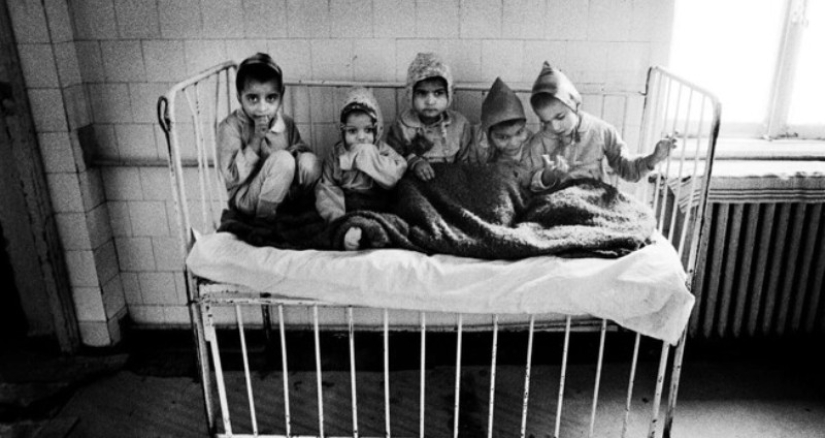
After the end of World War II, socialist Romania faced a drop in the birth rate. Women did not want to have more than one child, and many refused to have children at all. The reason for this was a decrease in the standard of living of citizens. They needed the most basic things and products and could no longer look to the future with confidence.

By the end of the 60s, the situation in the country had become simply catastrophic. It became clear that Romania was aging and dying out, at an alarming rate. Then the Communist Party, which was the only political force in the country, introduced decree number 770 in 1967. Its authorship is attributed personally to the general secretary of the party, Nicolae Ceausescu.
It should be said that before 1967, family planning in Romania was a personal matter for everyone. And due to the fact that access to contraceptives in a poor country was limited, abortions were very popular. Romanian women were involved in the process of building communism on an equal basis with men — they stood at machine tools, worked in the field and on construction sites, went fishing at sea. This was another factor why Romanian women tried to terminate an unwanted pregnancy. The birth of a child in such conditions was considered as a blow to the very way of life.
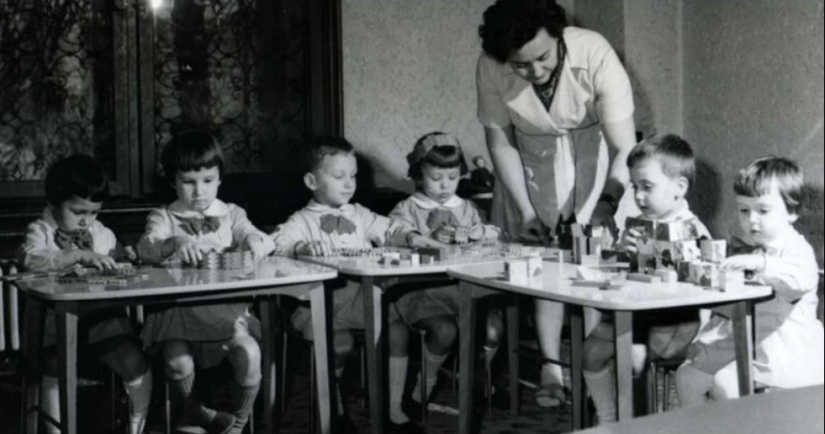
Decree No. 770 prohibited abortions and any contraceptives. The innovation did not apply only to women who have reached the age of 45, who have health problems, as well as victims of rape and incest cases. Additionally, the authorities introduced a tax on childlessness. To make it easier for women to adhere to the points of the decree, few available contraceptives were withdrawn from sale.
In addition, all women were required to undergo a monthly examination by a gynecologist. The secret police began to monitor these doctors. Agents not only controlled the turnout of patients, but also checked medical records and monitored compliance with medical prescriptions. Termination of pregnancy became a criminal offense and was punishable by a prison term. In schools, girls were told about the advantages of motherhood and were taught that they were obliged to give birth to children at home.
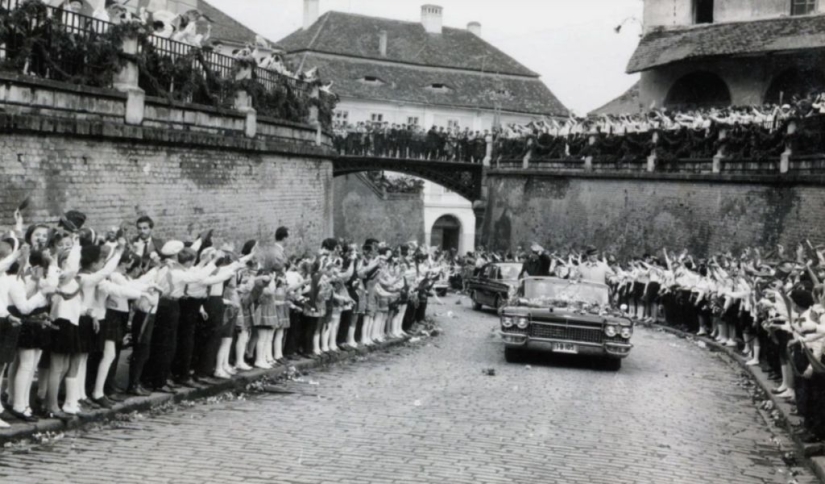
Such drastic measures quickly bore fruit and the birth rate curve sharply crept up. The country began to massively build nurseries and kindergartens, because the old ones were no longer enough. Schools have increased the number of classes, and the number of children in them has been brought to 40. But in fact, there were still not enough places and classes with 50-60 students were not uncommon.
It seemed that the plan of the wise "conductor" Ceausescu was a success and now everything will be fine. But gradually problems began to surface, for which the Romanian government was not ready. At first it became obvious that the quality of school education had greatly decreased. There were not enough teachers and even a three-shift regime did not save the situation. The number of training hours has been reduced, and the requirements for the qualifications of teachers have been reduced.
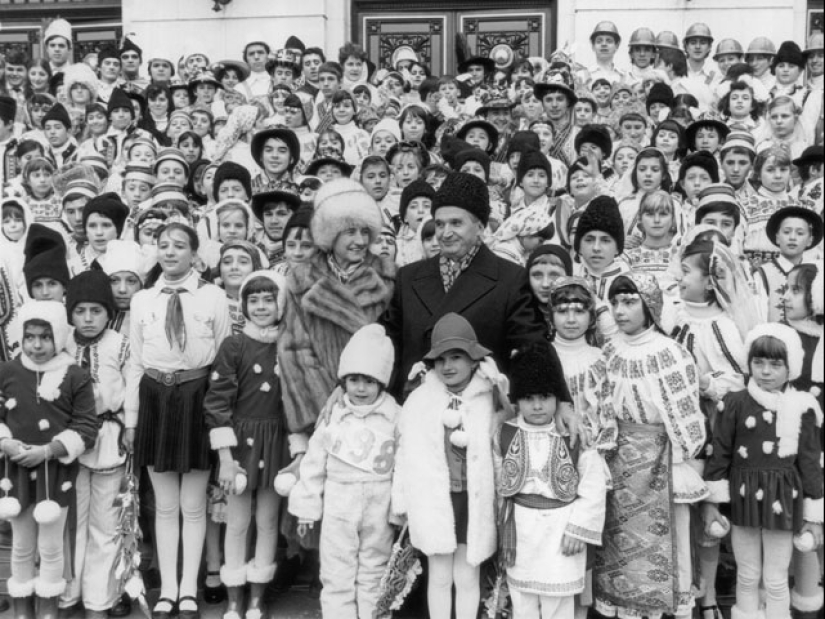
By the mid-70s, it became clear that Decree 770 was no longer working. The birth rate in Romania has decreased again. No one thought about the fact that economic prerequisites are also needed for a demographic explosion. There were none — the country, as before, remained very poor. Women have learned to find ways to circumvent the points of the decree. The medical field turned into the most corrupt, and illegal abortions flourished.
Instead of an increase in the birth rate, female mortality began to increase. Artisanal abortions and clandestine abortions killed thousands of women. The country has become the European record holder of sad statistics. Mortality among women of childbearing age in Romania was 10 times higher than in neighboring Bulgaria and Hungary. The situation remained very difficult throughout Ceausescu's reign, until his overthrow in 1989.
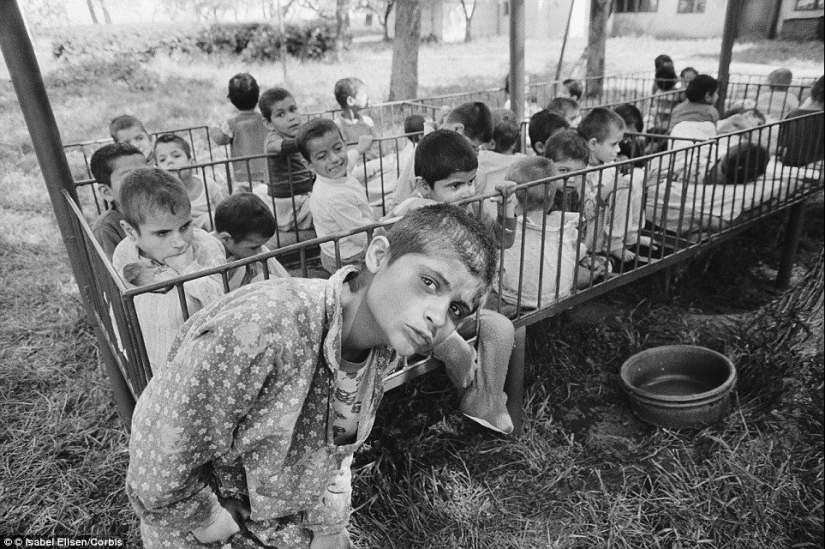
But that wasn't all. Romania has also become a leader in child refuseniks. Children were given birth and, unable to feed and clothe, were given to orphanages. Thousands of mothers hated Nicolae Ceausescu and his regime for the ruined destinies. We can confidently say that Decree 770 was one of the weighty reasons for the revolution that freed the country from the authoritarian regime. It was canceled on December 26, 1989, the day after the execution of Ceausescu and his wife.
Recent articles

Do you know what is the best way to keep warm in the cold? Get pleasant emotions! And we are sure that the photos of these cute ...

If you think that in an era when there was no photoshop, it was impossible to take photos, amazing imagination, you are deeply ...

An amateur photographer from Lebanon, Bachir Moukarzel, decided to take a fresh look at the largest city of the Emirates, Dubai. He ...